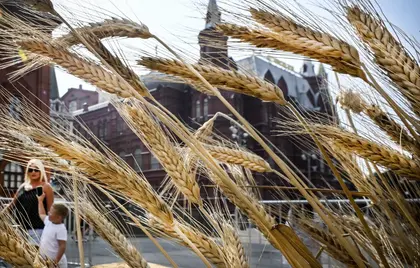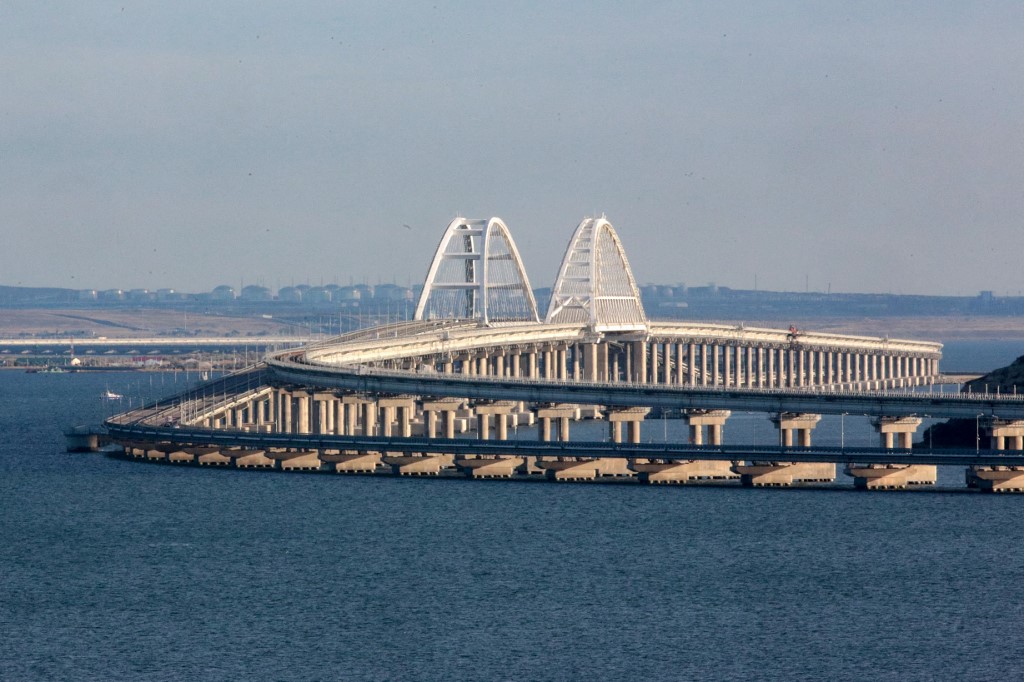The European Commission is set to impose tariffs on Russian and Belarusian imports, with a €95-per-tonne duty on cereals and 50 percent tariffs on oil seeds and derived products following calls from some EU member states to restrict said imports.
Unnamed officials said the tariffs would increase prices by at least 50 percent, thus eradicating the demand as reported by the Financial Times (FT). However, the European Commission declined to comment in an FT inquiry.
JOIN US ON TELEGRAM
Follow our coverage of the war on the @Kyivpost_official.
The move to introduce tariffs instead of sanctions is likely to avoid requiring unanimous approval from all EU member states and enable produce to transit through the bloc to Asia and Africa.
A recent Kyiv Post report established that the EU imported 1.5 million tonnes of Russian cereals in 2023, the highest since 2018, meaning that similar import levels would induce €142.5 million of import duty.
EU imports of Russian cereals, oil seeds and their derivatives reached 4 million tonnes in 2023 and comprised 1 percent of the bloc’s consumption. The bloc produces more than 300 million tonnes of cereals and oilseeds annually itself.
Brussels has thus far refused to ban Russian farm imports despite other sanctions, citing the potential impact on global food markets and developing nations.
However, recent farmers’ protests over the influx of Ukrainian grains have led some to question the continued import of Russian and Belarusian grains amidst Moscow’s ongoing invasion of Ukraine, the restriction of which could become the potential compromise between Warsaw and Kyiv over the current grain dispute.

Georgia Protests 13th Night as EU Threatens ’Measures’
A Kyiv Post Op-Ed covered the origin of the grain dispute in detail.
To date, Latvia is the only EU member state to impose a full ban on Russian farm imports, though its import of Russian grains nearly doubled between 2022 and 2023; Polish Prime Minister Donald Tusk said Warsaw might follow suit but would much “prefer that [they] decide together, as the whole EU, on sanctions on Russia and Belarus on food and agricultural products.”
Janusz Wojciechowski, the EU’s agriculture commissioner, previously called Russian grain exports to Poland “negligible.” However, during a visit to his native Poland last week, he switched stance and said: “when Russia uses food as a weapon, we must react.”
Another EU official also said Russian farm imports were “very competitive on cereal markets and is putting significant pressure,” noting cereal prices to be at four-year lows.
You can also highlight the text and press Ctrl + Enter






